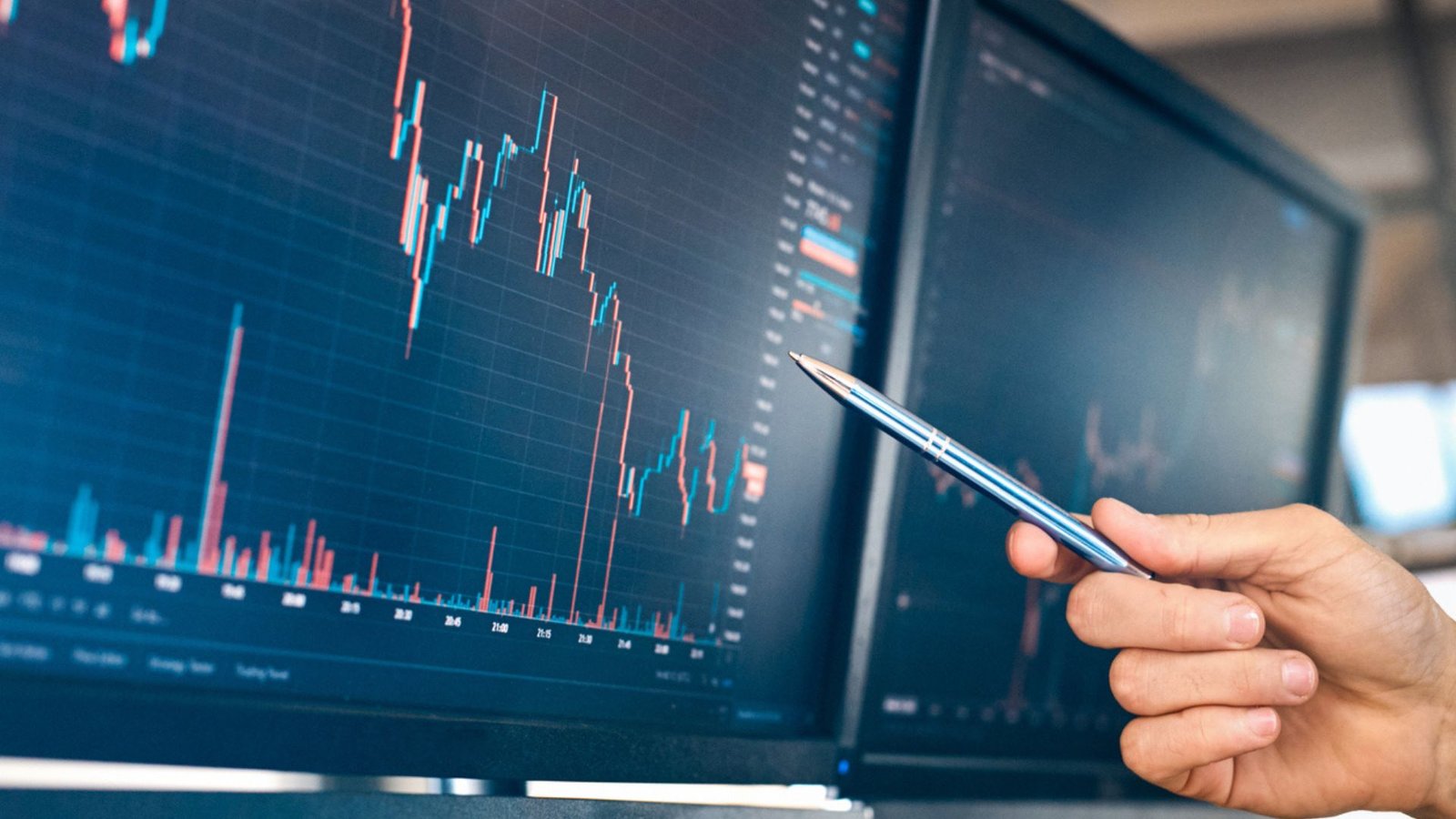|
Getting your Trinity Audio player ready...
|
Forex market, also known as the foreign exchange market, is a dynamic and intricate financial ecosystem where currencies are traded. Unlike traditional stock markets, the forex market operates 24 hours a day, five days a week, allowing participants to engage in currency trading around the globe. In this guide, we will delve into the operational principles of the forex market, offering insights into its fundamental workings.

Structure of the Forex Market
To begin with, the forex market operates in a localized system, this means that there is no central exchange. Instead, it consists of a network of banks, financial institutions, corporations, governments, and individual traders who engage in currency trading. The lack of a central exchange is one of the distinguishing features of the forex market.
Currency Trade Pairs
Currencies are traded in pairs, and each pair represents the exchange rate between two currencies. The exchange rate tells us how much of the quoted currency is needed to purchase one unit of the base currency.
Bid and Ask Prices
In forex trading, two prices are quoted for each currency pair: the bid price and the ask price. The bid price portrays the maximum price a buyer can pay. The asking price is the minimum price a seller can accept. Therefore, the difference between the bid and ask prices is called the spread.
Market Participants
The forex market is characterized by a diverse range of participants, each with unique goals and strategies. Major participants include commercial banks, central banks, hedge funds, multinational corporations, and retail traders. The collective actions of these participants contribute to the market’s liquidity and volatility.
Forex Market Sessions: A 24-Hour Cycle
The forex market is open 24 hours a day during the business week, divided into different sessions based on major financial centers. The sessions include European, Asian, as well as North American sessions. The overlapping of sessions contributes to increased trading activity and liquidity.
Leverage: Amplifying Trading Potential
This is a key feature of forex trading, allowing participants to control larger positions with a smaller amount of capital. Leverage can amplify potential profits and also increase the risk of serious losses. Traders should use leverage cautiously and implement risk management strategies.
Factors Influencing Exchange Rates
Various factors impact exchange rates in the foreign exchange market. Economic indicators, geopolitical events, interest rates, and market sentiment all contribute to the fluctuation of currency values. Traders analyze these factors to make informed decisions about when to buy or sell currencies.
Speculation and Hedging
Market participants engage in forex trading for either speculative or hedging purposes. Speculators aim to profit from price movements, while hedgers use the foreign exchange market to protect against the risk of adverse currency movements affecting their businesses.
Forex Brokers: Facilitators of Trading
Individual traders access the foreign exchange market through brokers, who act as intermediaries between traders and the interbank forex market. Brokers provide trading platforms, real-time market quotes, and other essential services to facilitate currency trading for retail participants.
Regulatory Framework
The foreign exchange market is subject to regulation by financial authorities in different countries. Regulatory bodies set standards and enforce rules to ensure fair practices, transparency, and the protection of market participants. Additionally, traders should choose regulated brokers so that they work in a secure trading environment.
Conclusion
In conclusion, understanding the operational principles of the foreign exchange market is essential for anyone looking to navigate this complex financial landscape. From the decentralized structure and currency pairs to bid and ask prices, market participants, and regulatory frameworks, each element contributes to the market’s functionality. Whether you are a seasoned trader or a newcomer, grasping these fundamental principles lays the foundation for making informed decisions and optimizing your participation in the global forex market.

